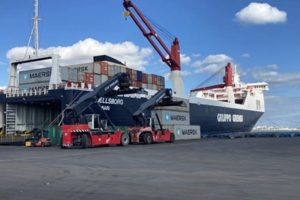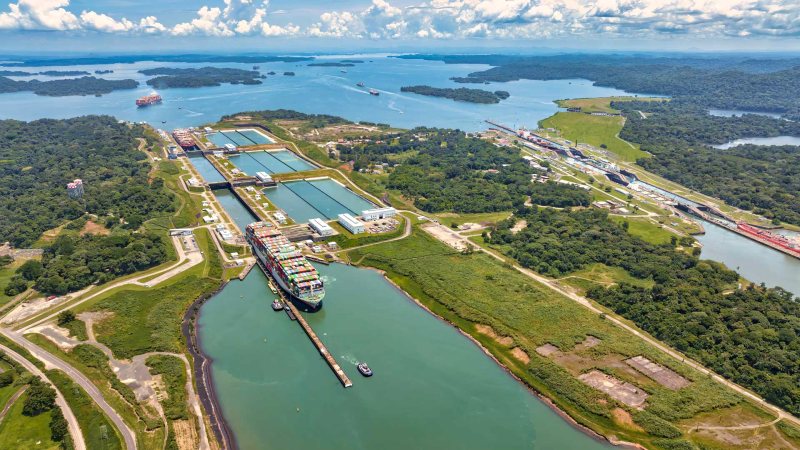One of the pressing issues in global maritime transport is crew abandonment, a term encompassing not only physical desertion but also various forms of mistreatment inflicted by shipowners on their onboard personnel. This includes denial of medical care, unpaid wages, insufficient food, inadequate accommodation, and outright abandonment, which often coincides with the ship itself being left idle.
The International Maritime Organization (IMO) recorded 310 cases of crew abandonment in 2024, marking a 118% increase from the 142 incidents that set the record in 2023. Over the past year, cases have more than doubled, reaching alarming levels. Looking at the data over the past decade, the surge equates to a staggering 2,000% increase. Experts attribute the phenomenon partly to the instability caused by the Covid-19 pandemic and partly to the growth of shadow fleets.
The issue is closely monitored by the Seafarers Happiness Index, an organisation established in 2015 to safeguard maritime workers' rights. "The growing wave of seafarer abandonments must be curbed. The good work of the maritime sector is overshadowed by this abuse. False flags, shadow fleets, and unrest create a breeding ground for exploitation. This should serve as a wake-up call for the entire industry. We need a systemic overhaul to protect seafarers and hold abusers accountable," stated Steven Jones, the Index's founder.
In 2022, a joint ILO-IMO tripartite working group addressed the issue by adopting guidelines specifically designed to curb crew abandonment. However, the sharp rise in cases in recent years demonstrates that not only has the problem not been resolved, but it has worsened. The guidelines outline procedures for states to follow if a shipowner fails to meet their obligations to seafarers, including covering the costs of repatriation, unpaid wages, and the provision of essentials such as food, accommodation, and medical care.
The problem is particularly acute in India, which holds the grim record for the highest number of abandoned seafarers. In recent days, the country announced an agreement with the International Transport Workers’ Federation (ITF) to improve the welfare of maritime workers. Statements emphasised the urgent need to address mental health challenges, citing a rise in depression, anxiety, and even suicides among Indian seafarers, exacerbated by the growing issue of abandonment. Through this initiative, India aims to introduce psychological support systems, resilience-building tools, and specialised training for stress management, particularly for first-time seafarers or those facing extreme situations like abandonment.
The issue remains far from resolved and underscores, once again, how the cost of global transport often weighs heavily on the shoulders of exploited workers. Road transport faces a severe driver shortage and reliance on labour from less developed countries. Meanwhile, the European rail sector, among others, is grappling with union struggles and strikes, as crew abandonment wreaks havoc in maritime transport. This broader picture raises serious questions about the sustainability of an industry that too often rests on the exploitation of its workforce.
Marco Martinelli



































































